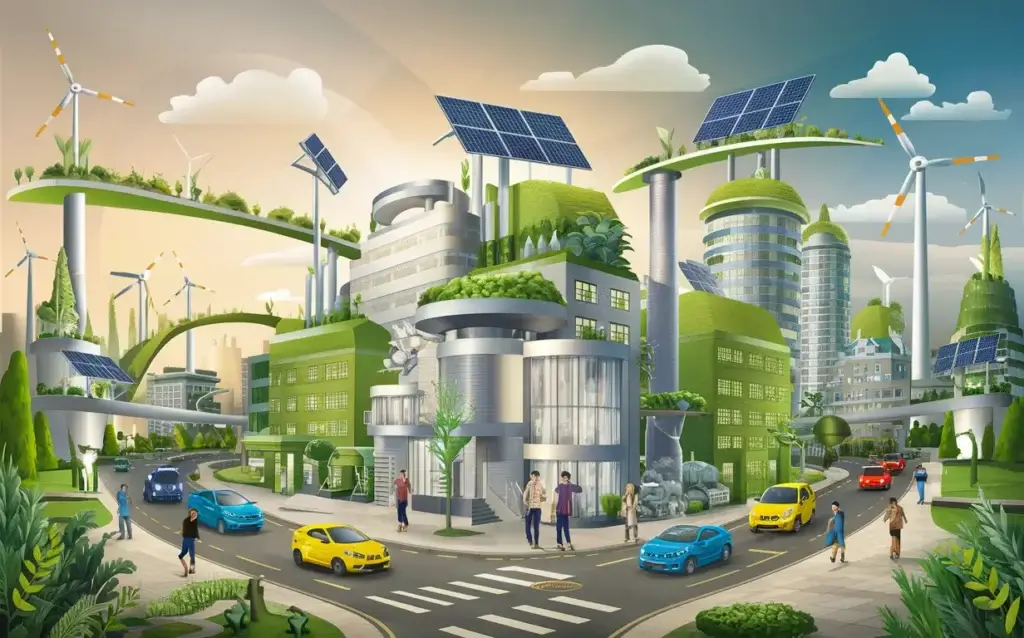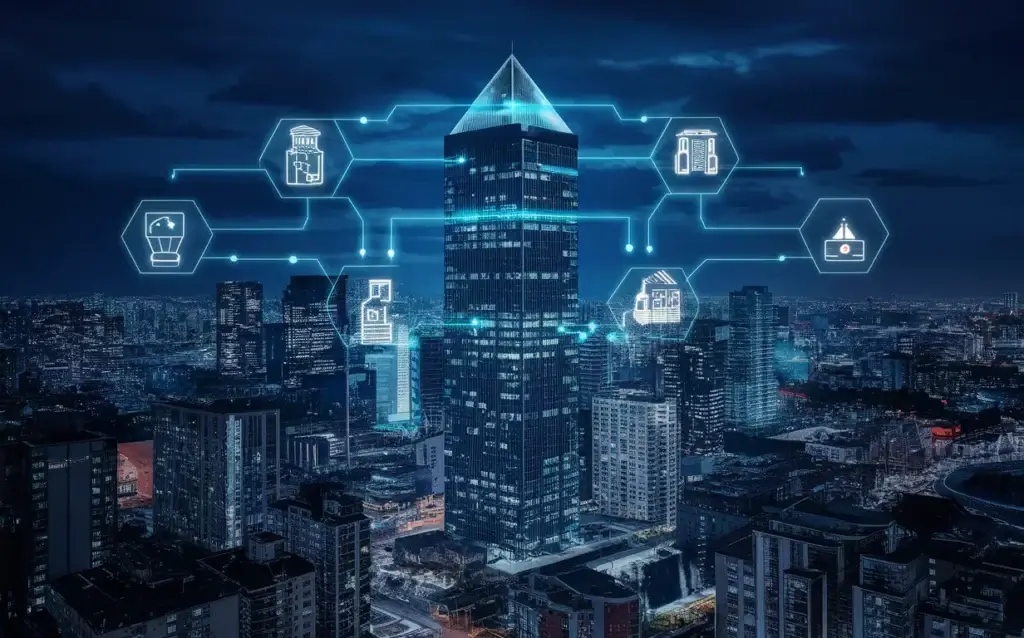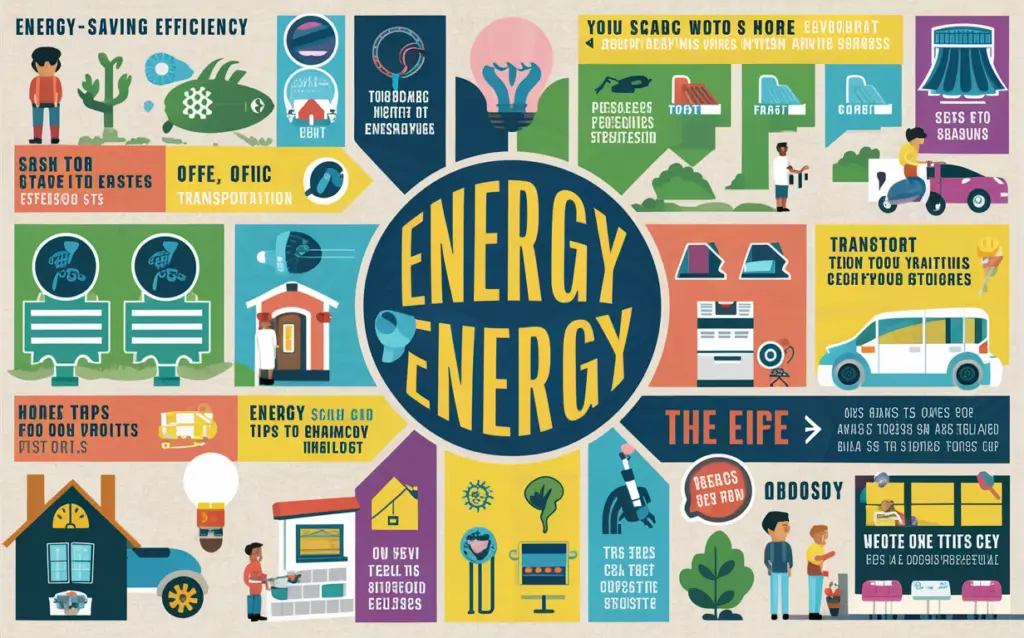Green financing: sustainable investments
Grüne Finanzierung ist ein Konzept, das sich auf die Bereitstellung von Kapital für umweltfreundliche Projekte und Unternehmen konzentriert. Diese Finanzierungsform zielt darauf ab, ökologische Nachhaltigkeit zu fördern und gleichzeitig finanzielle Renditen zu generieren. Zu den gängigen Instrumenten der grünen Finanzierung gehören grüne Anleihen, nachhaltige Investmentfonds, grüne Kredite und umweltbezogene Aktien. In den vergangenen Jahren hat die Bedeutung der grünen Finanzierung erheblich zugenommen. Dies ist auf ein wachsendes Bewusstsein für Umweltprobleme […]
Green financing: sustainable investments Read more »











